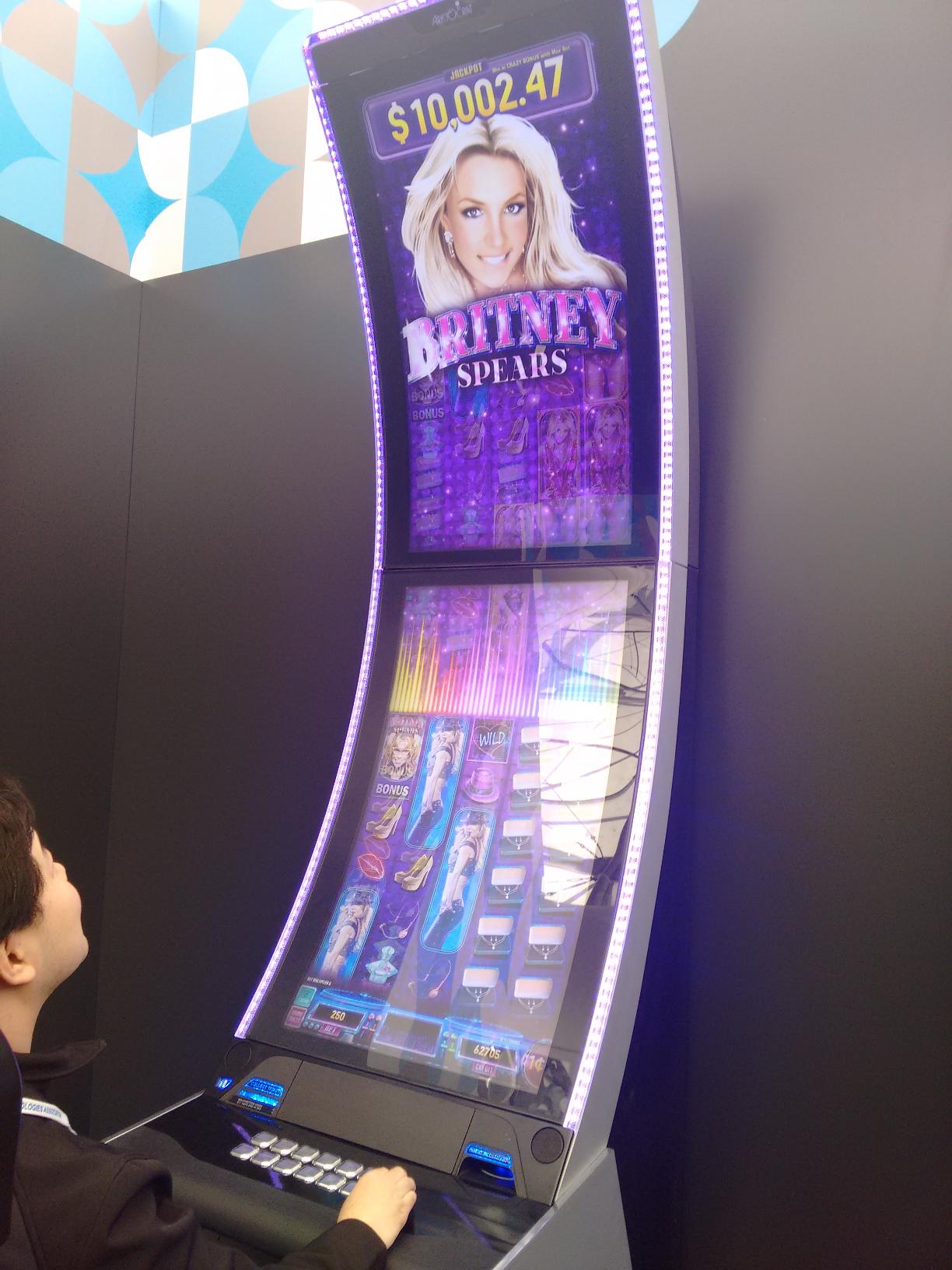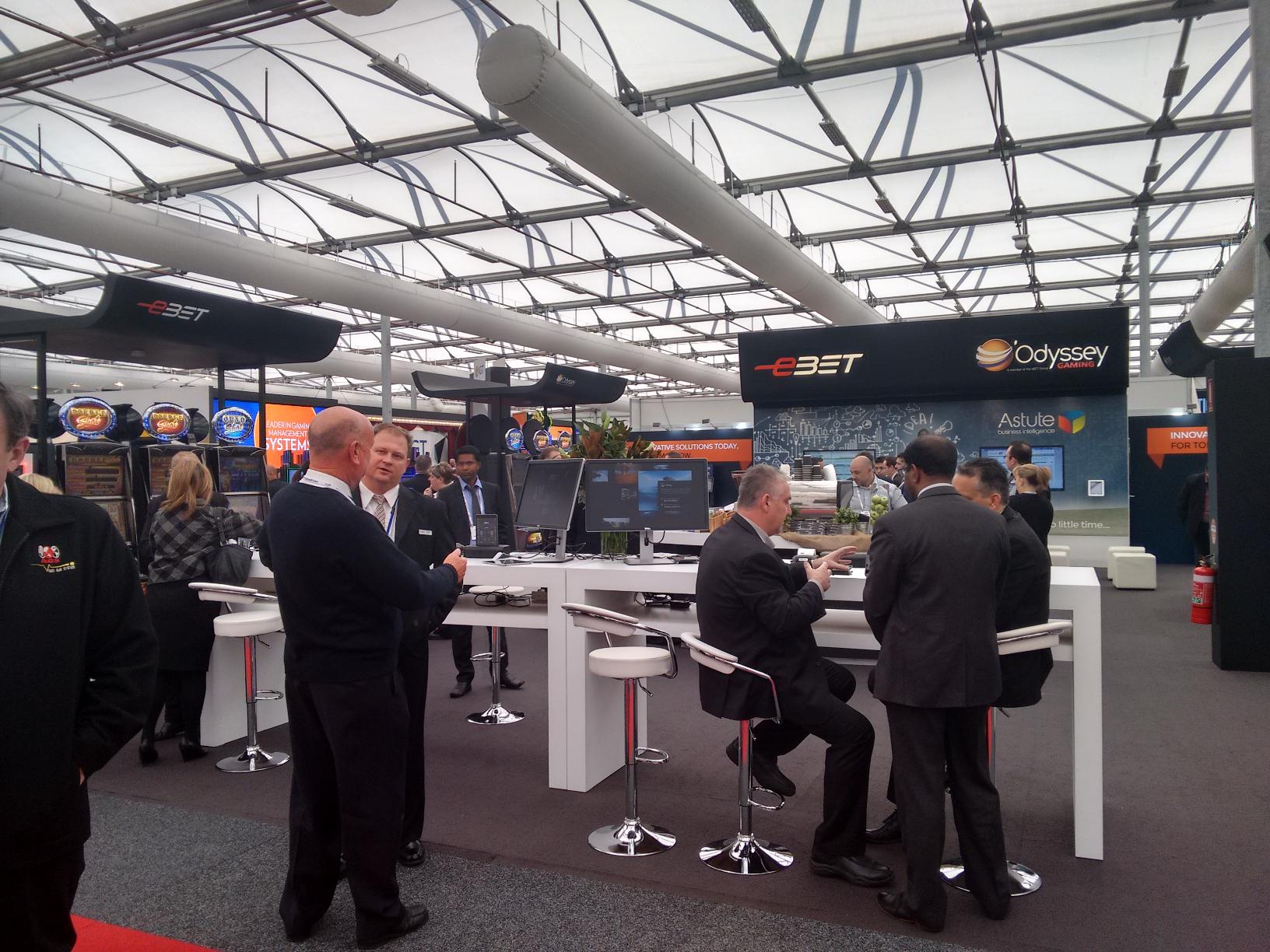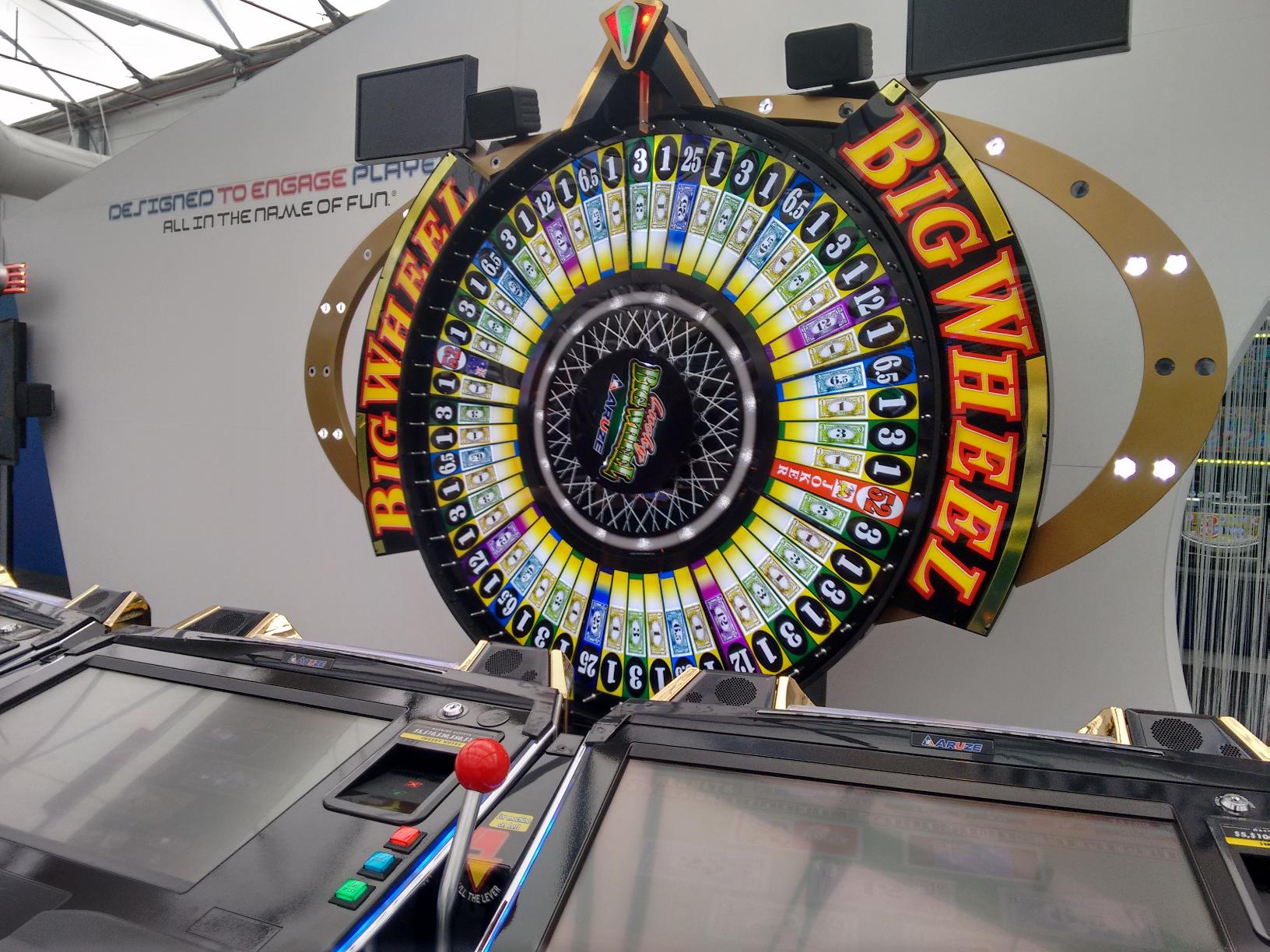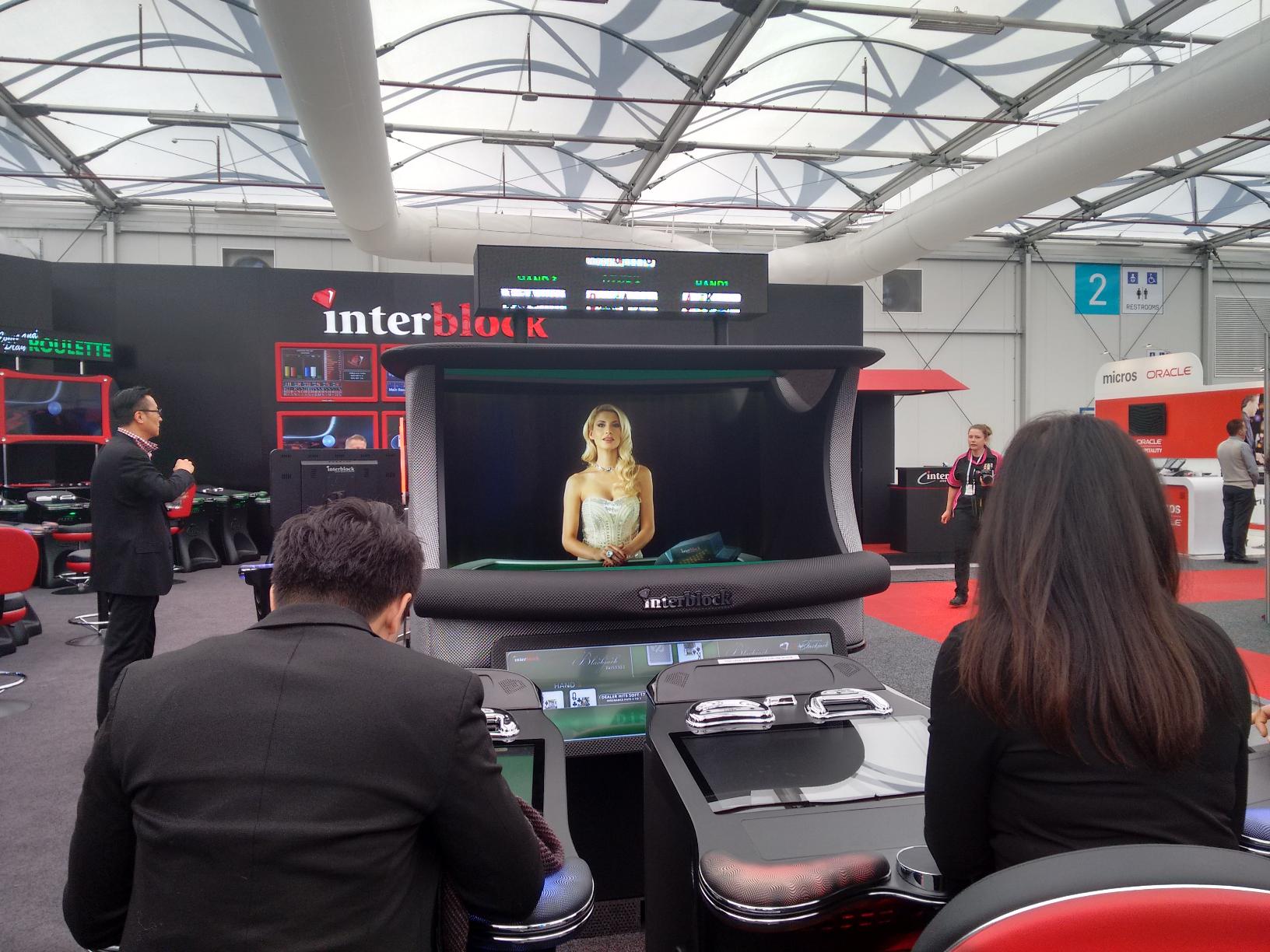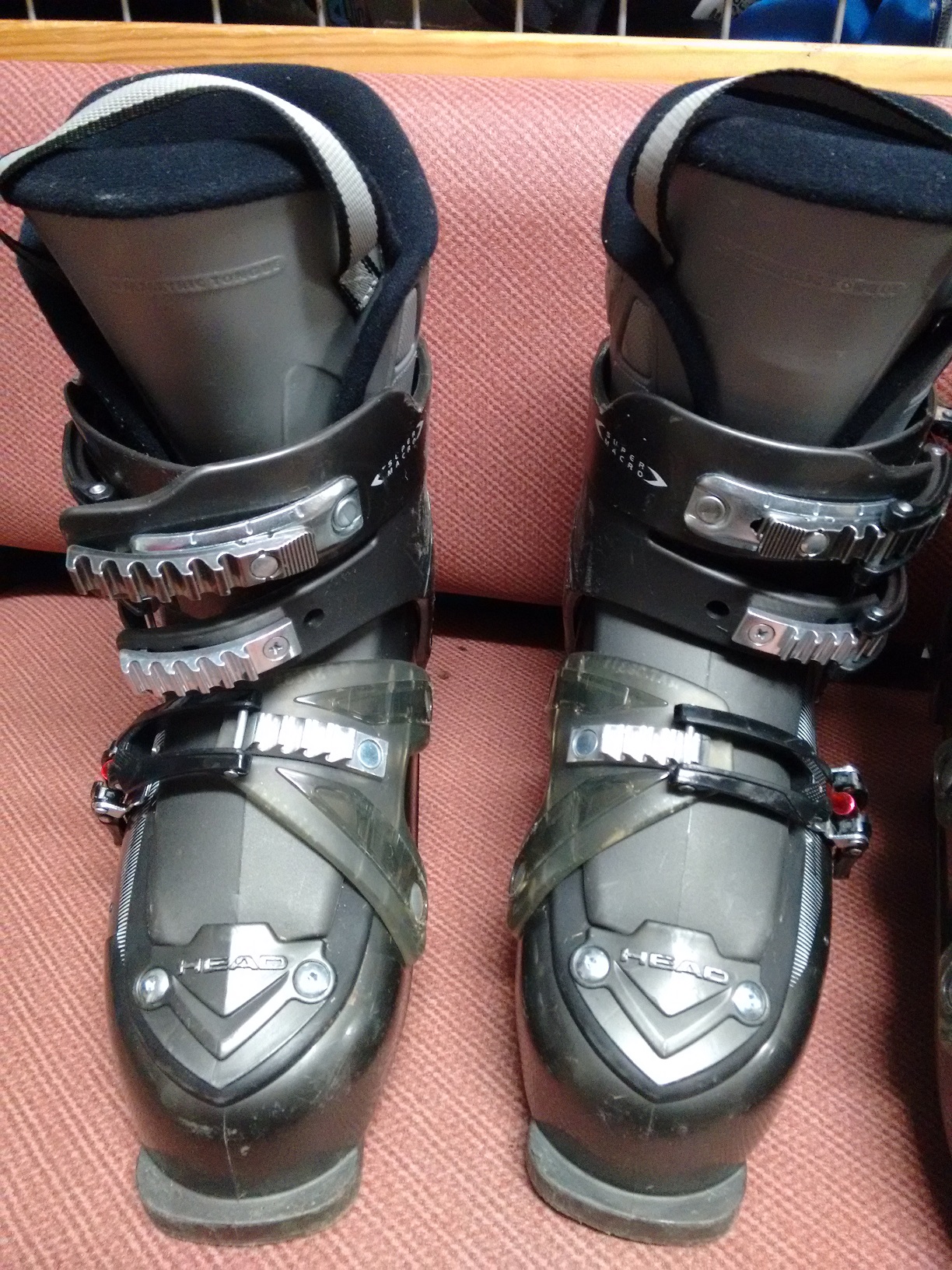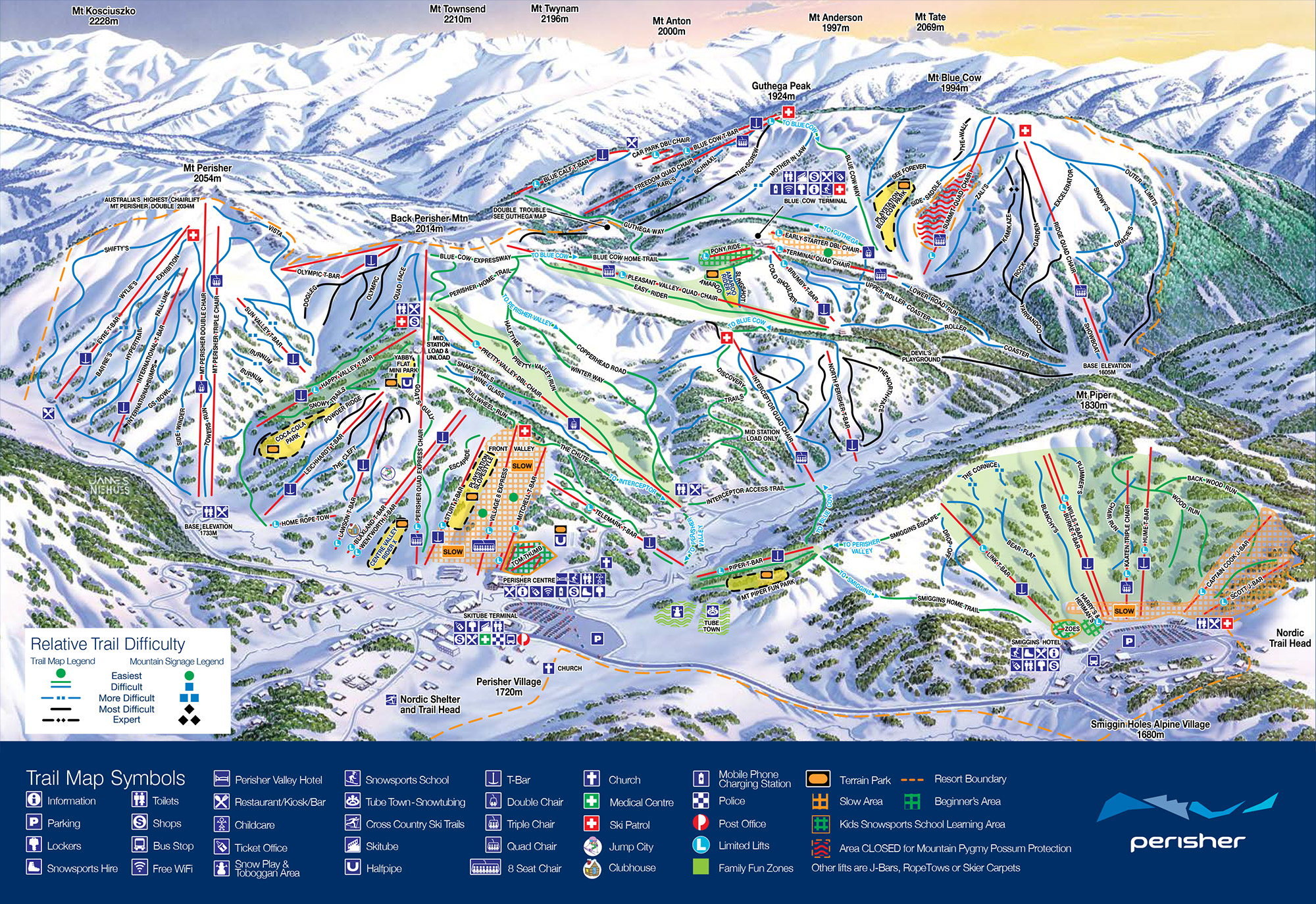#include
#include
using namespace Gdiplus;
GdiplusStartupInput gdiplusStartupInput;
ULONG_PTR gdiplusToken;
GdiplusStartup(&gdiplusToken, &gdiplusStartupInput, NULL);
...
IStream* pJpegStream = NULL; //declare a memory stream
CreateStreamOnHGlobal(NULL, TRUE, (LPSTREAM*)&pJpegStream);
GpBitmap* pBitmap = NULL;
unsigned char* dib = GetDib(); //get DIB or BMP data buffer
DllExports::GdipCreateBitmapFromGdiDib((LPBITMAPINFO)dib, dib + sizeof(BITMAPINFOHEADER), &pBitmap);
CLSID imageCLSID;
GetEncoderClsid(L"image/jpeg", &imageCLSID);
int jpegQuality = 100;
EncoderParameters encoderParams; //setup jpeg encoder parameters
encoderParams.Count = 1;
encoderParams.Parameter[0].NumberOfValues = 1;
encoderParams.Parameter[0].Guid = EncoderQuality;
encoderParams.Parameter[0].Type = EncoderParameterValueTypeLong;
encoderParams.Parameter[0].Value = &jpegQuality;
//save jpeg into memory stream
DllExports::GdipSaveImageToStream(pBitmap, pJpegStream, &imageCLSID, &encoderParams);
LARGE_INTEGER lnOffset;
lnOffset.QuadPart = 0;
ULARGE_INTEGER ulnSize;
//determine memory stream length
pJpegStream->Seek(lnOffset, STREAM_SEEK_END, &ulnSize);
pJpegStream->Seek(lnOffset, STREAM_SEEK_SET, NULL);
int encodedBytes = ulnSize.QuadPart;
//store jpeg memory stream into jpeg data buffer
pJpegStream->Read(racBuf_, ulnSize.QuadPart, NULL);
...
GdiplusShutdown(gdiplusToken);




